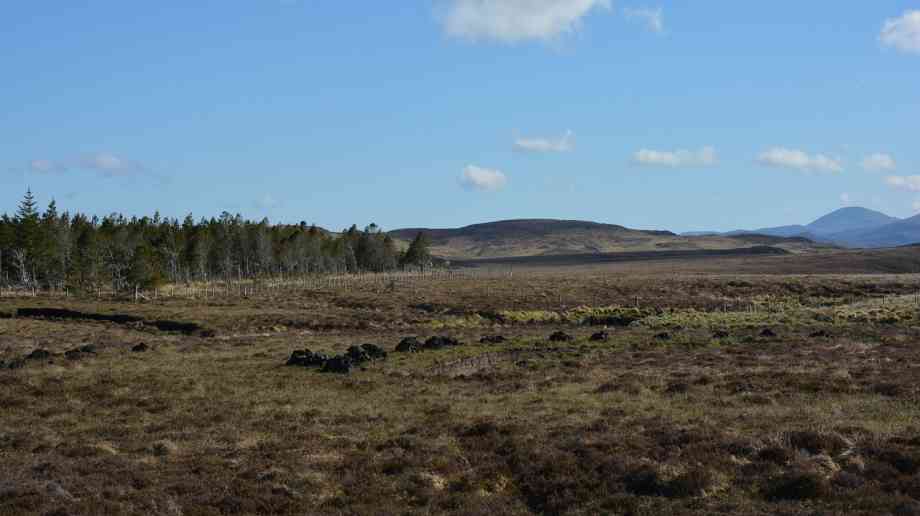Sue Robb of 4Children talks to Julie Laughton and Alison Britton from the Department for Education about the role of childminders in delivering the 30 hours free entitlement.
Peatland restoration projects awarded funding

The government has announced funding for projects to improve lowland peat soils.
The projects will use government funding to improve the management of water on lowland peat and enhance understanding of climate change impacts and flood risk
Peatlands are the country's largest terrestrial carbon store. However, due to centuries of drainage for agriculture, only 1 per cent of England’s lowland peatlands remain in a near-natural state. Drained peatlands account for 88 per cent of all greenhouse gas emissions from England’s peat.
Lancashire Wildlife Trust has been awarded £327,500 for a wetter farming trial and a feasibility study and Groundwork Cheshire, Lancashire and Merseyside has been awarded £100,200 to investigate the feasibility of re-wetting areas of Lindow Moss.
The National Trust, Cheshire has received £65,000 to produce a wider costed water-management plan, including undertaking detailed surveys to understand the extent and nature of the peat soils and Mersey Rivers Trust received £55,000 to develop knowledge of the current condition of the lowland peat soils and explore whether wetter farming is a viable option.
Yorkshire Wildlife Trust has been given £342,000 for a project focused on the technical and economic implications of raising water levels on seven farms, enabling farmers to make informed decisions about long-term land use and Reedness and Swinefleet Internal Drainage Board will use £264,000 for a connectivity and hydrological study at the Thorne, Crowle & Goole Moor Peatlands to ensure cross-beneficial needs for both peat restoration and flood management.
Philip Duffy, chief executive of the Environment Agency, said: "I was incredibly encouraged by the number of exciting applications to the Lowland Agriculture Peat - Water Discovery Pilot. They represent a diverse array of applicants, from across the breadth of the lowland peat areas.
"Over the coming year, evidence from these local collaboration pilots will be the first step in understanding costs, benefits and risks from changing water management within lowland agriculture peat soils. The pilots will produce costed water-management plans, which will help us to balance our aims to reduce climate change impacts and flood risk, improve biodiversity and support sustainable agriculture."
Helen Earnshaw, Peat Project Officer at Lancashire Wildlife Trust, added: "We are really excited to have been awarded this funding which will help us expand our work looking at wetter farming practices on lowland agricultural peat.
"We know that many conventional farming practices need to change, but the farming community need to know what will and won’t work before they can make the shift to more sustainable farming techniques.
"This funding will allow us to undertake a farm-scale wetter farming trial, on a real working farm, providing vital data and evidence for both farmers and policymakers."
Image by Jan-Ove Lipponen from Pixabay
Company Focus
Located in Bromley, Japanese Knotweed Eradication Ltd has been providing solutions in the treatment and removal of Japanese Knotweed (Fallopia Japonica) for over a decade. During this time we have mastered a repertoire of methods, from herbicidal treatments to landscaping solutions, tailored to address the unique challenges our clients face with this pervasive weed.
Event Diary
UKREiiF has quickly become a must-attend in the industry calendar for Government departments and local authorities.
The multi-award-winning UK Construction Week (UKCW), is the UK’s biggest trade event for the built environment that connects the whole supply chain to be the catalyst for growth and positive change in the industry.
Supplier Profiles
Geo Energy
At GeoEnergy Design, we're on a mission to disrupt the traditional way heating and cooling ha
Latest Features
Professor Harith Alani, director of the Knowledge Management Institute at the Open University explains how AI can be used for good and bad.
Alex Lawrence, head of health & social care, techUK sets out techUK’s Five Point Plan for CareTech.

















